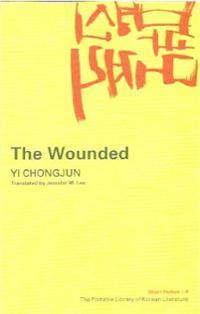
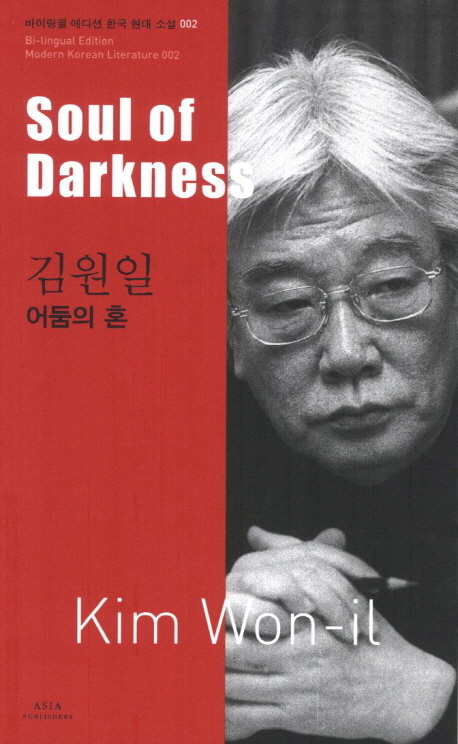
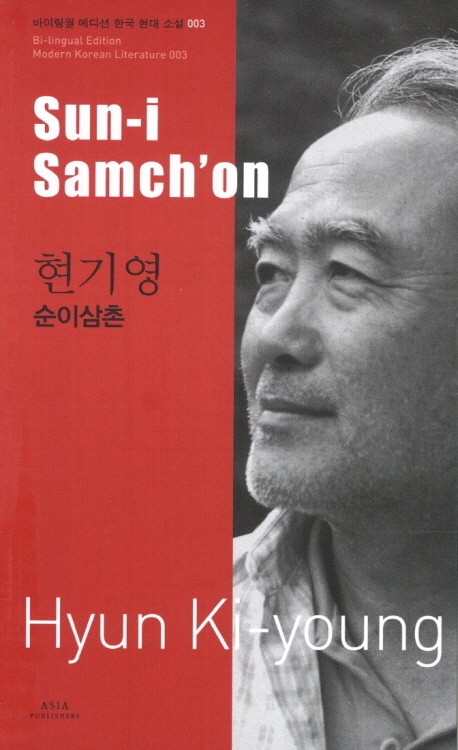
Books in series

The Wounded
2002

Soul of Darkness = 어둠의 혼
2012

Sun-i Samch'on = 순이삼촌
1978
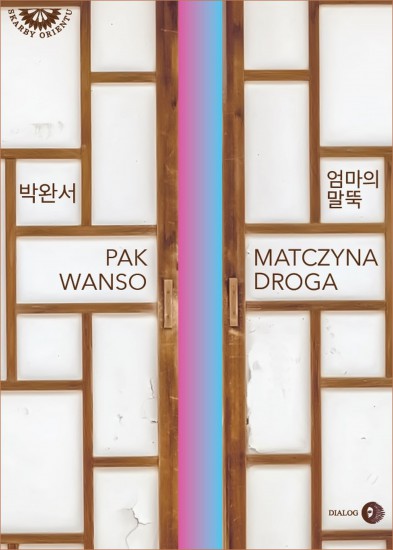
Matczyna droga
1982
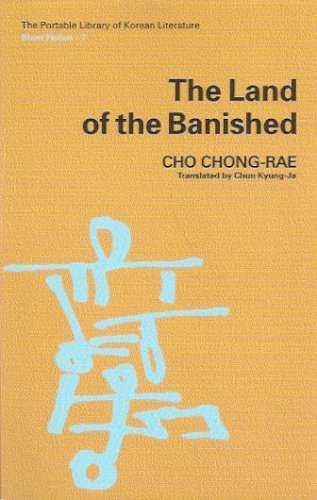
The Land of the Banished
1999
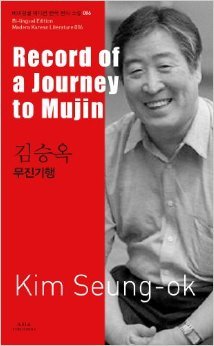
Record of a Journey to Mujin
1964
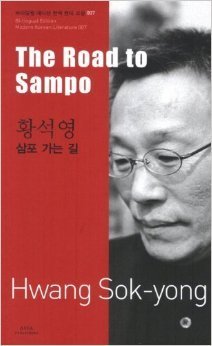
The Road to Sampo
1983

Nueve pares de zapatos
2012
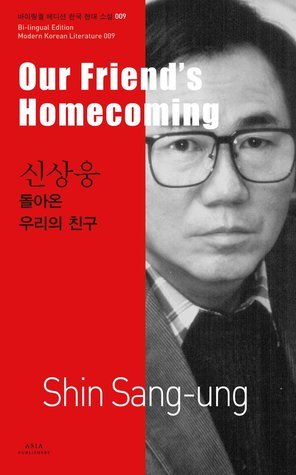
Our Friend's Homecoming
2012
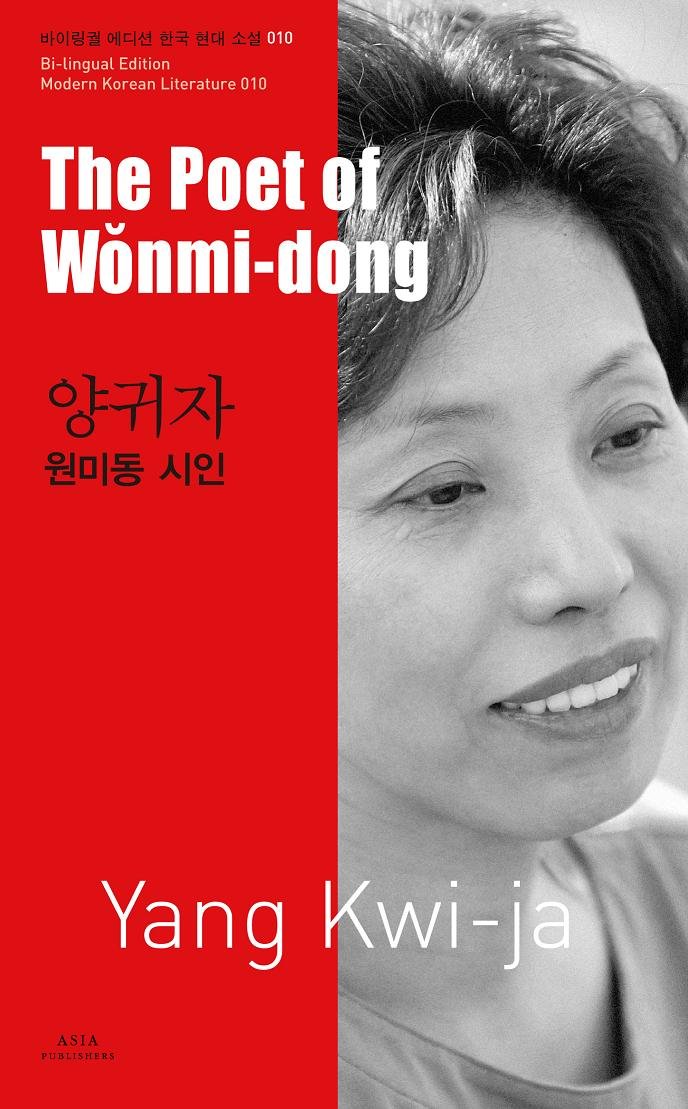
The Poet of Wonmi-dong = 원미동 시인
2012
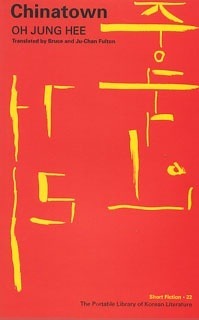
Chinatown
2004
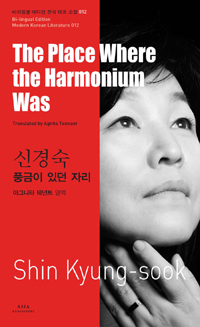
The Place Where the Harmonium Was = 풍금이 있던 자리
1993
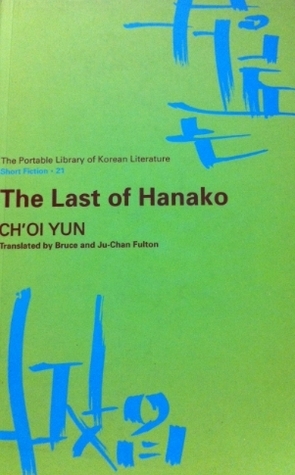
The Last of Hanako
2003
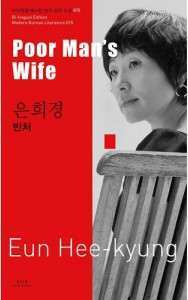
Poor Man's Wife
2012
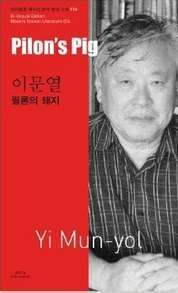
Pilon's Pig
2013
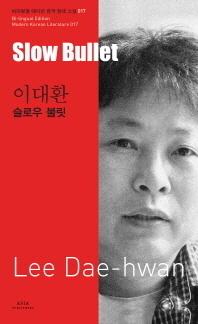
Slow Bullet
2012
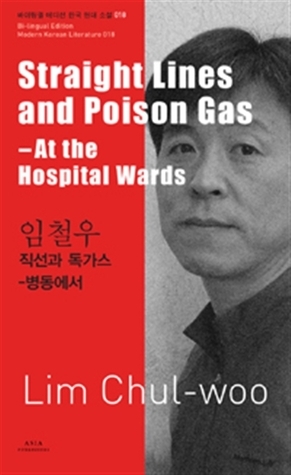
Straight Lines and Poison Gas - At the Hospital Wards
2025
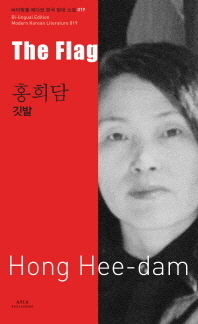
The Flag
2013
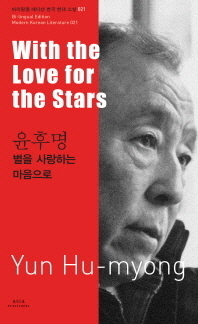
With the Love for the Stars
2025

Magnolia Park
2013
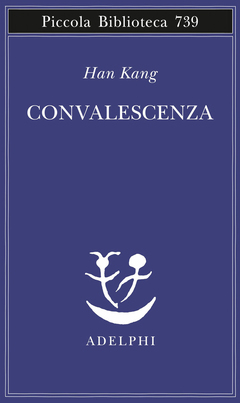
Convalescenza
2013
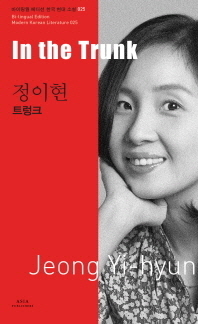
In the Trunk
2017
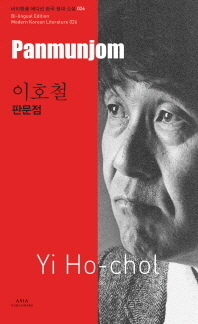
Panmunjom
2025
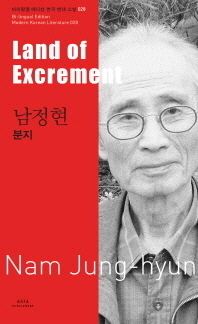
Land of Excrement
2013
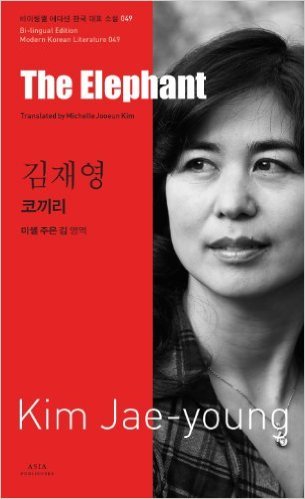
The Elephant
2014
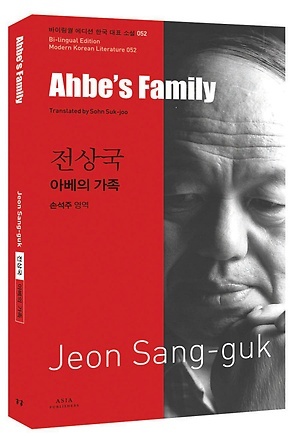
Ahbe's Family
2025
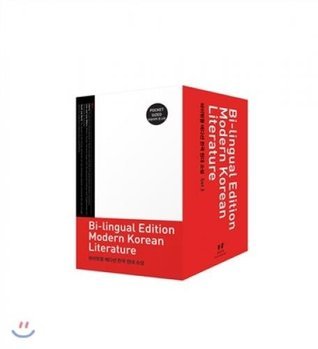
Bi-lingual Edition Modern Korean Literature, Set 2 = 바이링궐 에디션 한국 현대 소설
2013
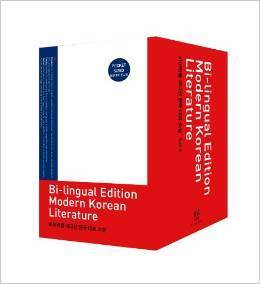
Bi-lingual Edition Modern Korean Literature Set 4
2014
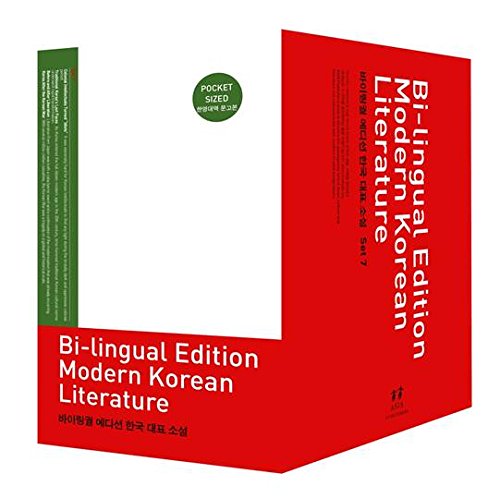
Bi-lingual Edition Modern Korean Literature Set 7
2015
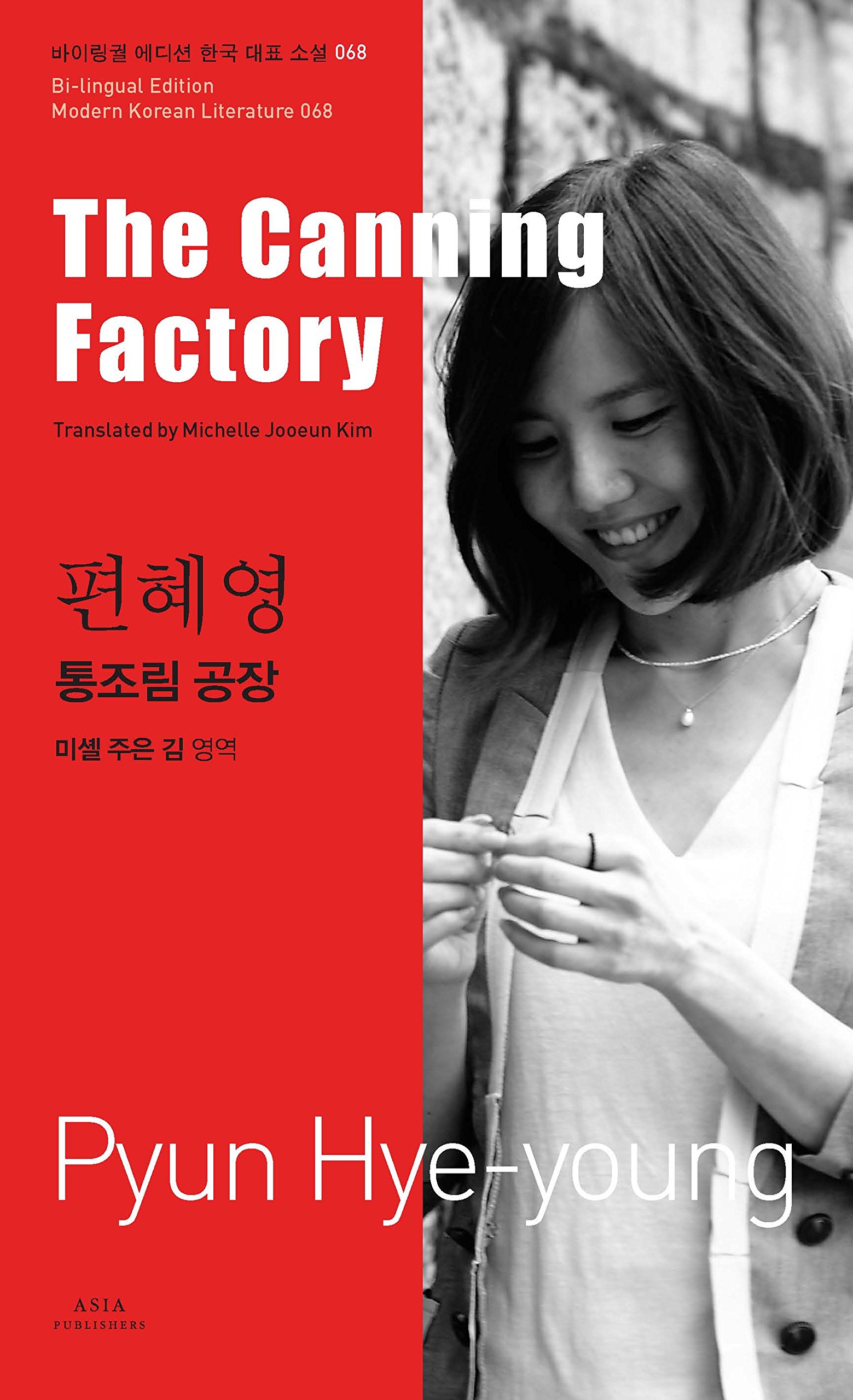
The Canning Factory
2011
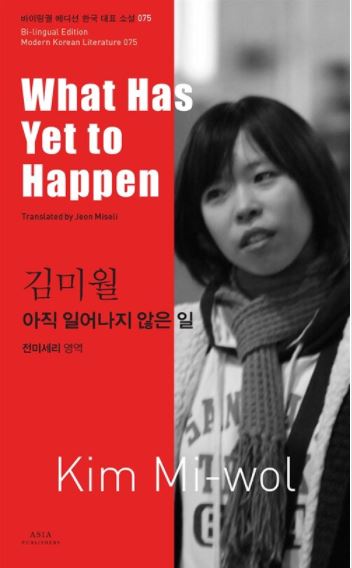
What Has Yet to Happen
21014
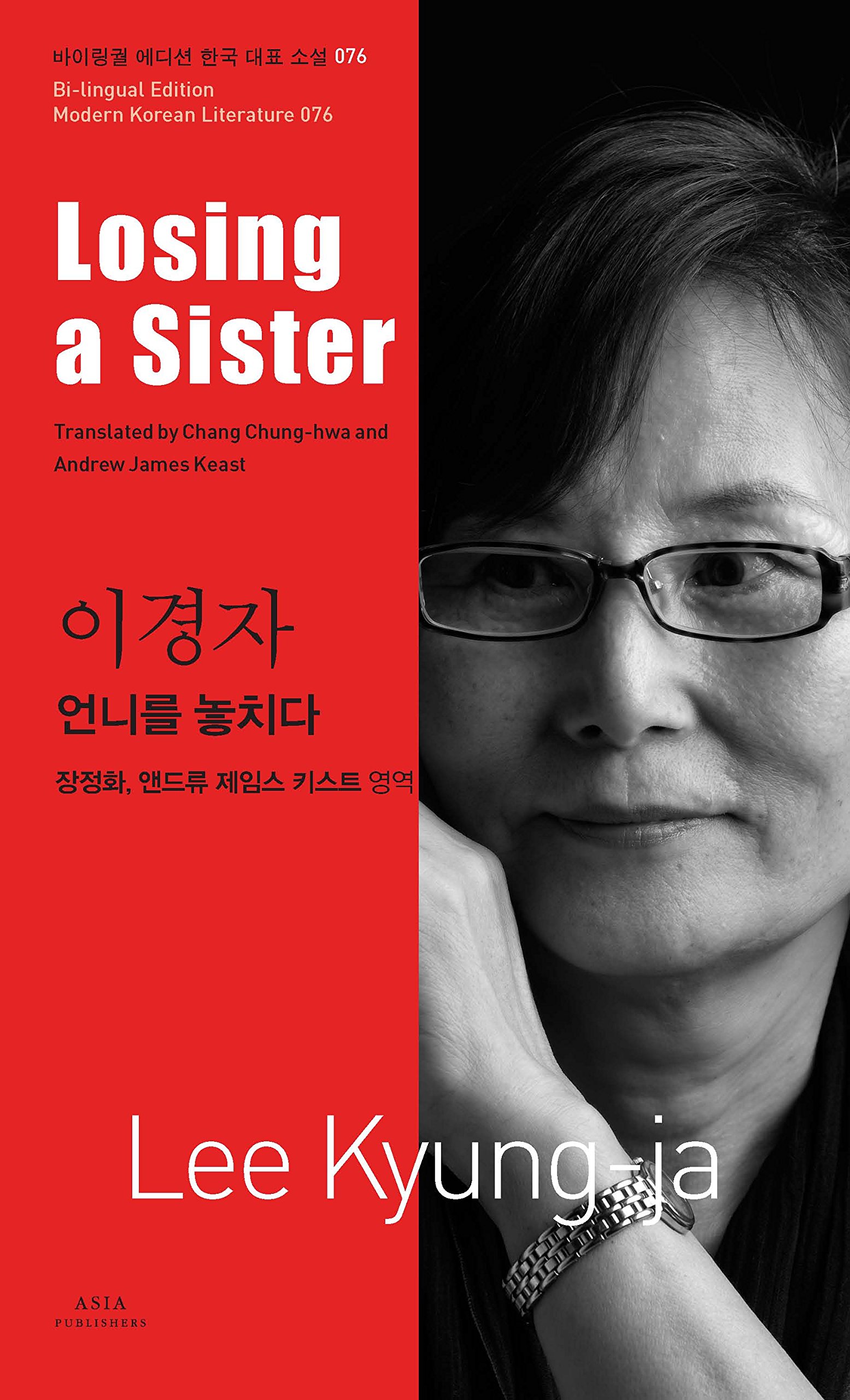
Losing a Sister
2014
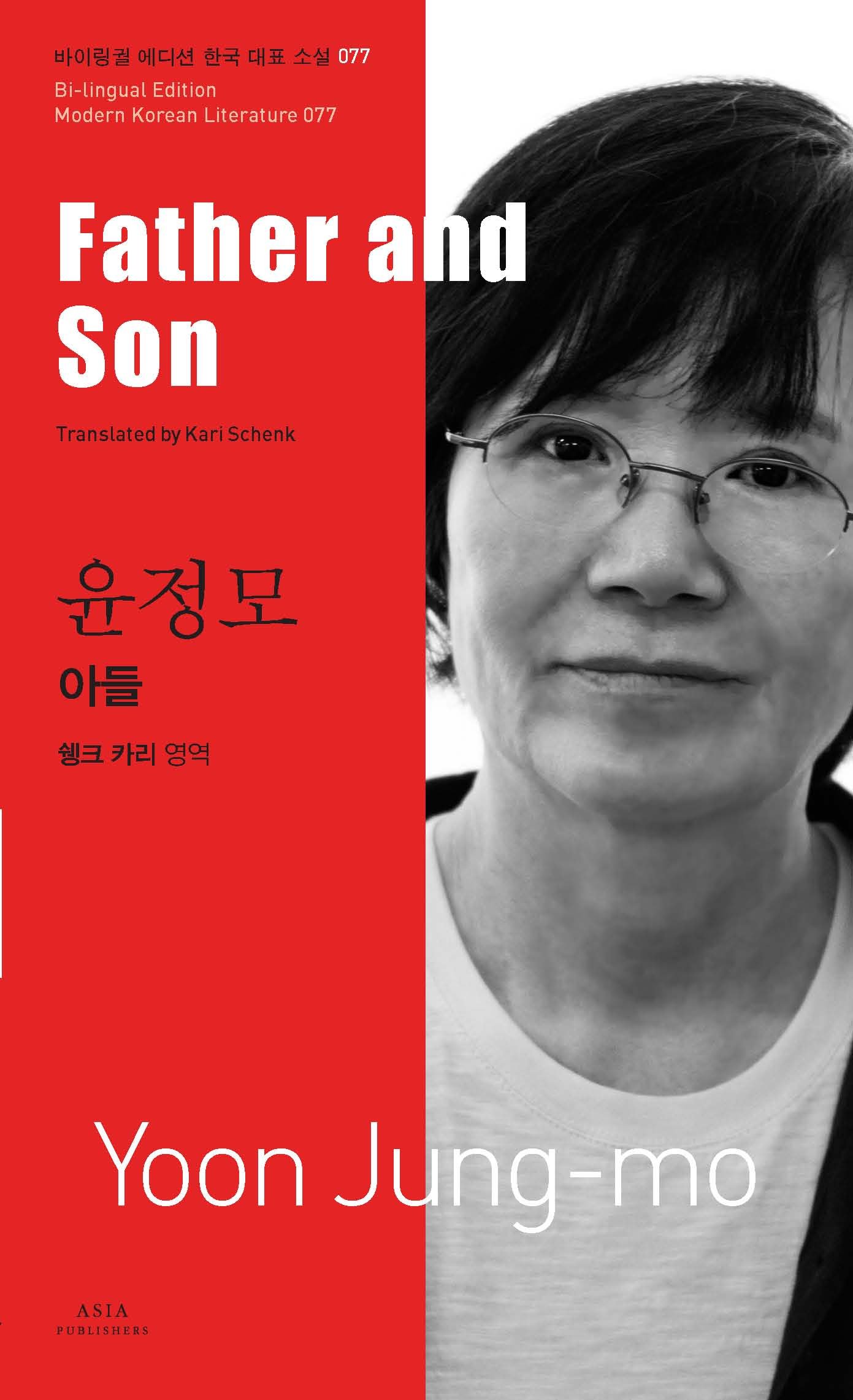
Father and Son
2014
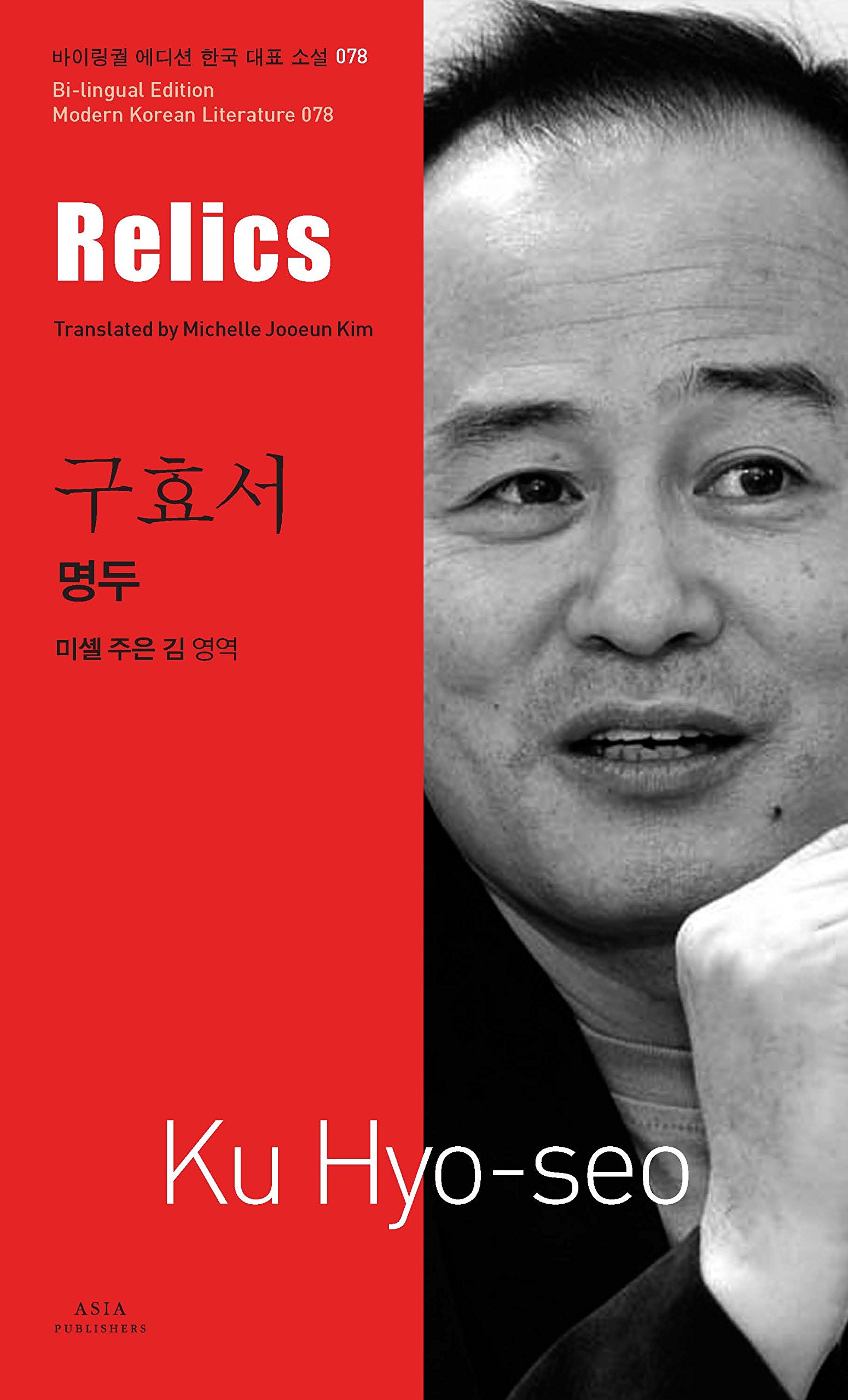
Relics
2014
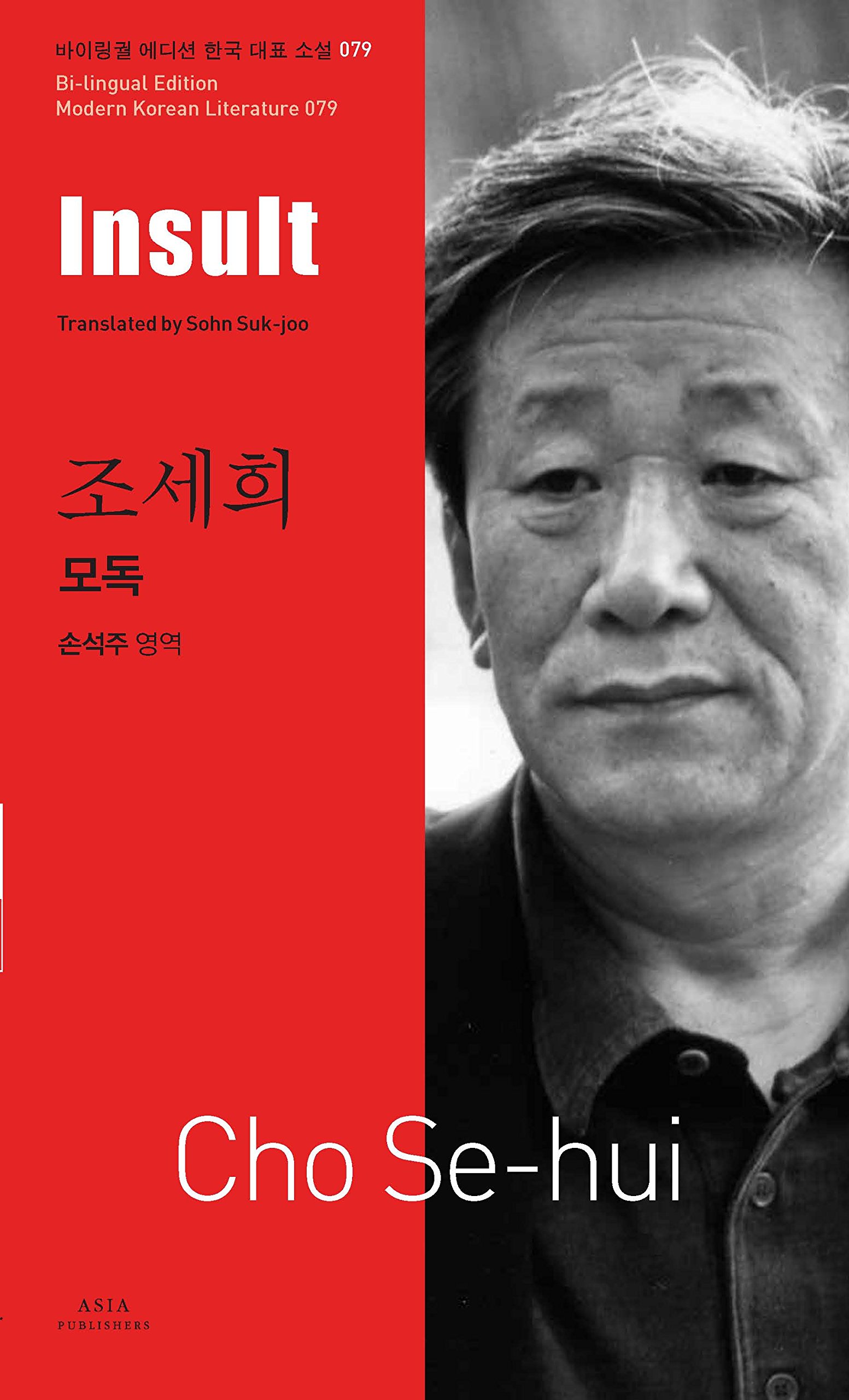
Insult
2014
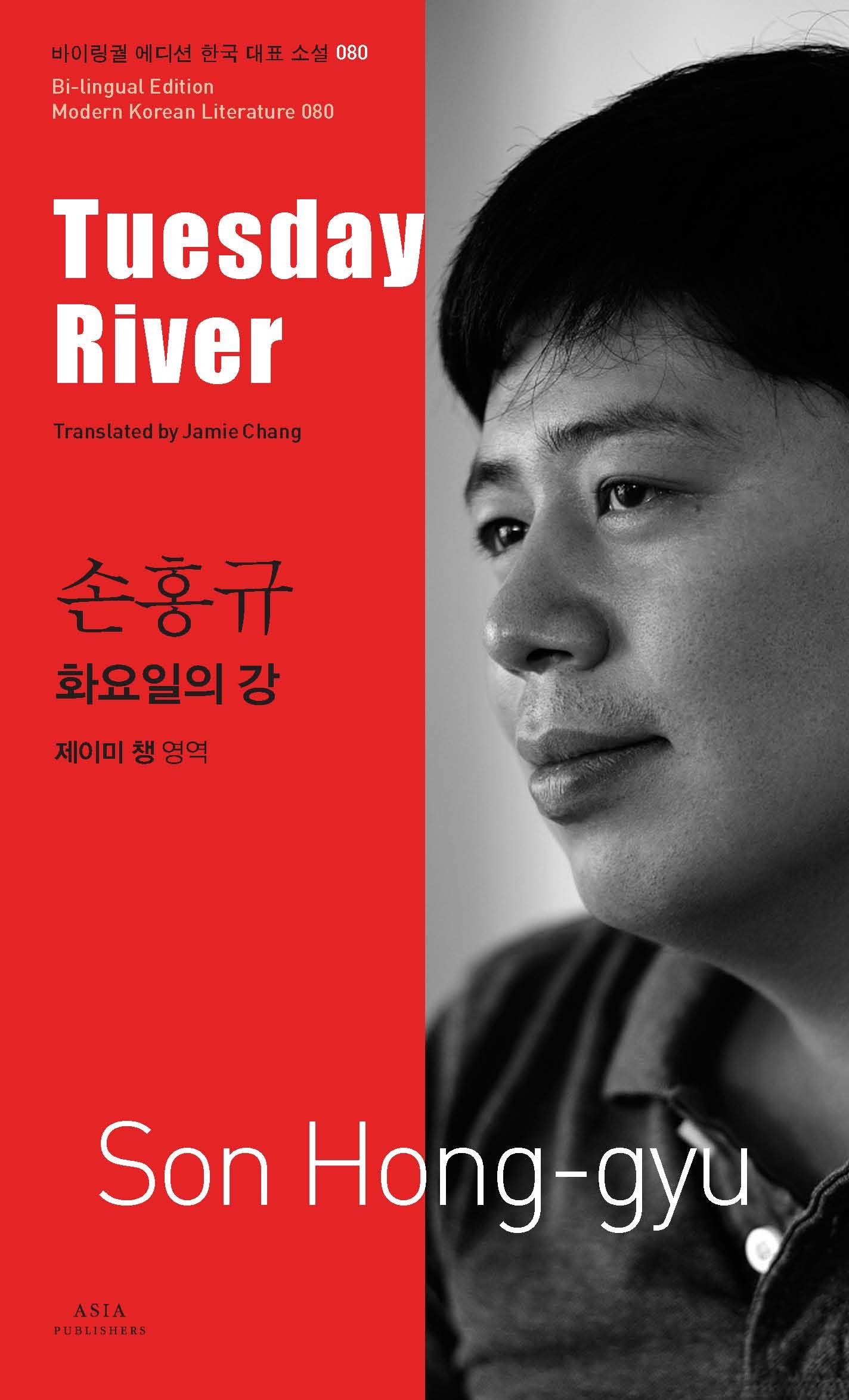
Tuesday River
2014
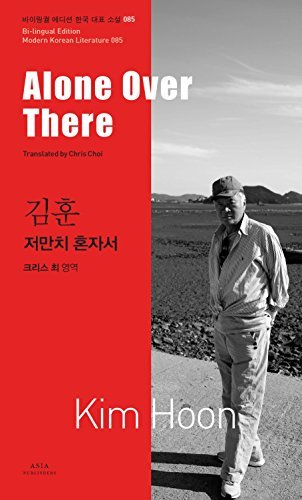
Alone Over There
2014
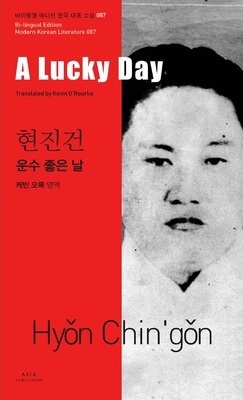
A Lucky Day
1924
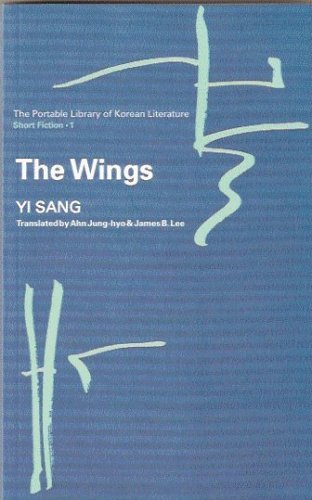
The Wings
1936
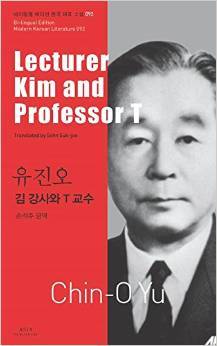
Lecturer Kim and Professor T
2015
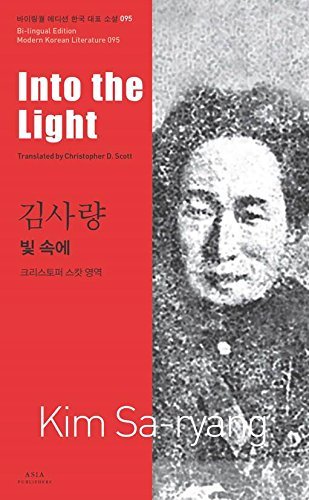
Into the Light
2015
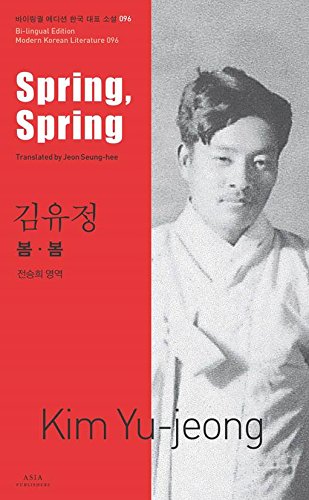
Spring, Spring
2015
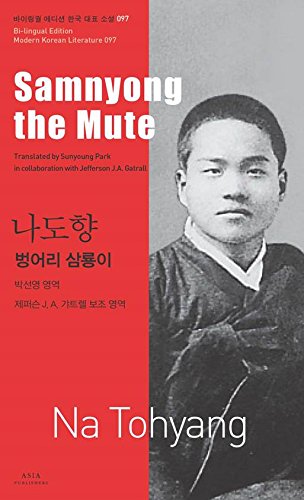
Samnyong the Mute
2015
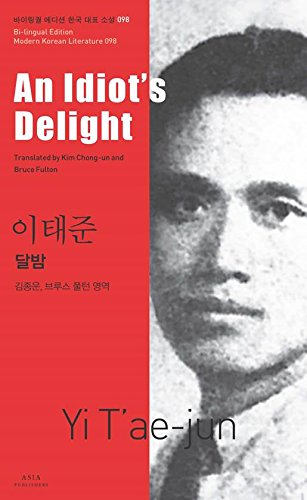
An Idiot's Delight
2015
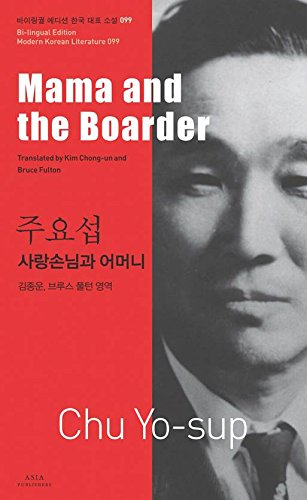
Mama and the Boarder
2015
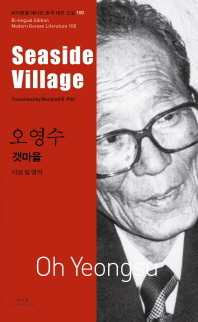
Seaside Village
2015
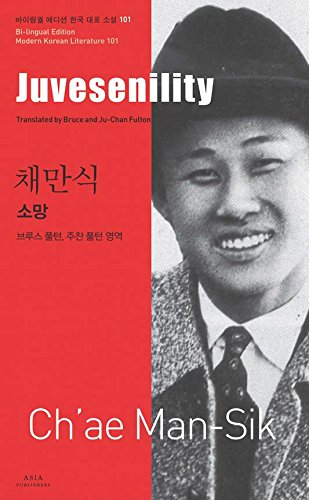
Juvesenility
2015
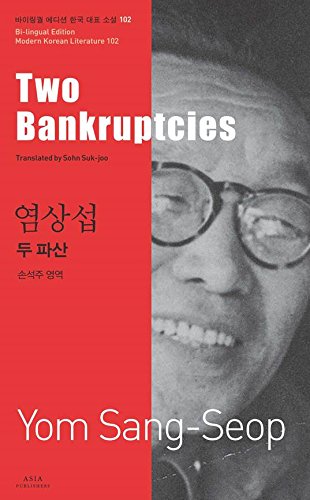
Two Bankruptcies
2015
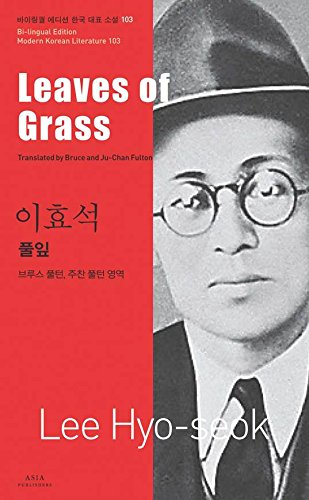
Leaves of Grass
1942

Barley
2015

소나기
1959

Tŭngsin-bul
2015
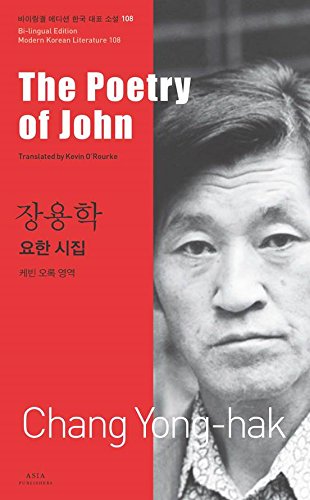
The Poetry of John
1955
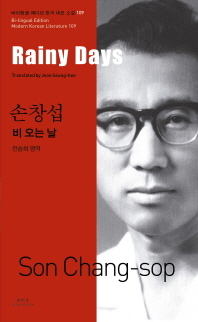
Rainy Days
1953
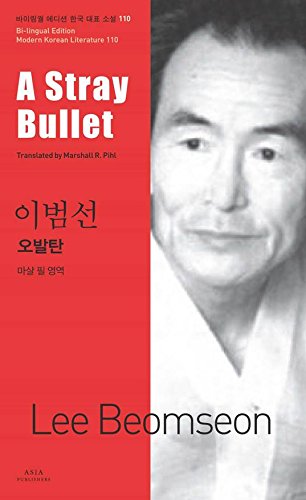
A Stray Bullet
2015
Authors
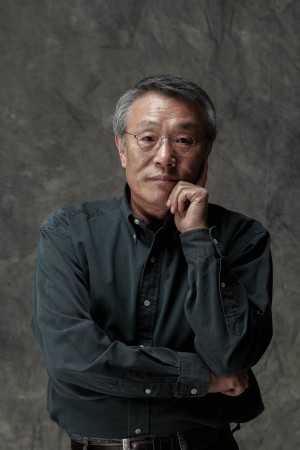
소설가 황석영 He was born in Hsinking (today Changchun), Manchukuo, during the period of Japanese rule. His family returned to Korea after liberation in 1945. He later obtained a bachelor's degree in philosophy from Dongguk University (동국대학교). In 1964 he was jailed for political reasons and met labor activists. Upon his release he worked at a cigarette factory and at several construction sites around the country. In 1966–1969 he was part of Korea’s military corps during the Vietnam War, reluctantly fighting for the American cause that he saw as an attack on a liberation struggle.
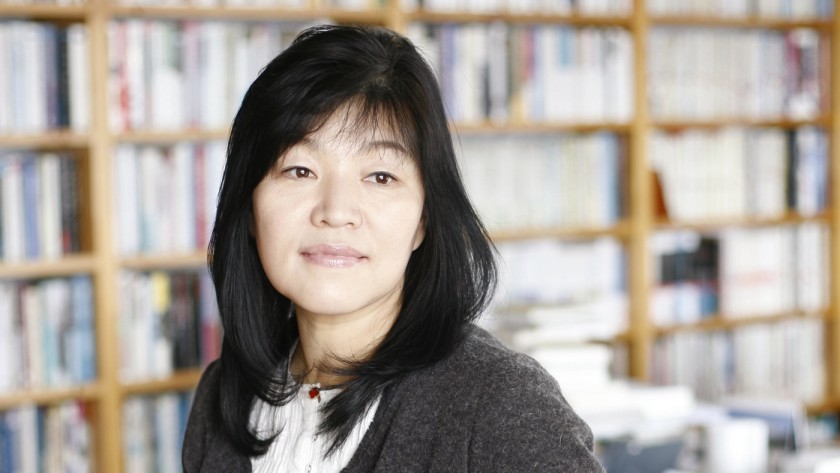
Associated Names: * Shin Kyung-sook * 신경숙 * 申京淑 Kyung-Sook Shin is a South Korean writer. She is the first South Korean and first woman to win the Man Asian Literary Prize in 2012 for 'Please Look After Mom'.
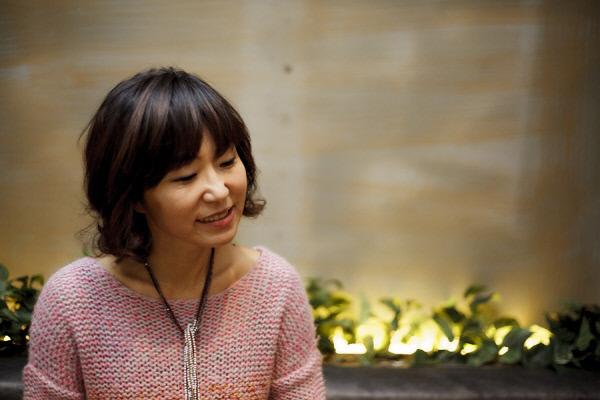

Librarian Note: There is more than one author by this name in the Goodreads database. 소설가 한강 Han Kang is the daughter of novelist Han Seung-won. She was born in Kwangju and at the age of 10, moved to Suyuri (which she speaks of affectionately in her work "Greek Lessons") in Seoul. She studied Korean literature at Yonsei University. She began her writing career when one of her poems was featured in the winter issue of the quarterly Literature and Society. She made her official literary debut in the following year when her short story "The Scarlet Anchor" was the winning entry in the daily Seoul Shinmun spring literary contest. Since then, she has gone on to win the Yi Sang Literary Prize (2005), Today's Young Artist Award, and the Korean Literature Novel Award. As of summer 2013, Han teaches creative writing at the Seoul Institute of the Arts while writing stories and novels.
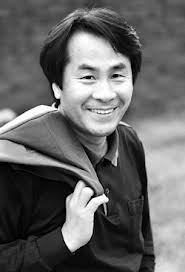
소설가 이승우 1959년 전남 장흥에서 태어나 서울신학대학교를 졸업하였고, 연세대학교 연합신학대학원에서 공부하였다. 1981년 '한국문학' 신인상에 '에리직톤의 초상'이 당선되어 등단하였으며, 소설집 '구평목 씨의 바퀴벌레', '일식에 대하여', '미궁에 대한 추측', '목련공원', '사람들은 자기 집에 무엇이 있는지도 모른다', '나는 아주 오래 살 것이다', '심인 광고'와 장편소설 '에리직톤의 초상', '가시나무 그늘', '생의 이면', '내 안에 또 누가 있나', '사랑의 전설', '태초에 유혹이 있었다', '식물들의 사생활', '그곳이 어디든', '한낮의 시선', '지상의 노래' 등이 있다. 1993년 '생의 이면'으로 제 1회 대산문학상, 2002년 '나는 아주 오래 살 것이다'로 제 15회 동서문학상, 2007년 '전기수 이야기'로 제 52회 현대문학상, 2010년 '칼'로 제 10회 황순원문학상 수상.
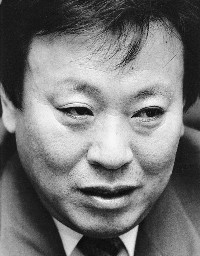
Yi Mun-yol (born May 18, 1948) is a South Korean writer. Yi Mun-yol was born in Seoul, South Korea in 1948, but the outbreak of the Korean War and his father's defection to North Korea forced his family to move about until they settled in Yeongyang, Gyeongsangbuk-do, the ancestral seat of his family. The fact that his father defected dramatically affected his life, as he was seen and treated as "the son of a political offender," and was "passed around among relatives[.] After dropping out of the College of Education of Seoul National University in 1970, Yi Mun-yol made his literary debut through the annual literary contests of the Daegu Maeil Newspaper in 1977, and the Dong-A Ilbo in 1979. On being awarded the prestigious "Today's Writer Award" for The Son of Man in 1979, Yi emerged as the most noteworthy writer of the time. The Son of Man explores the theme of the complex relationship between God and humanity in light of the finite nature of human existence inadvertently cast in infinite universe, through the eyes of the protagonist who is doubtful of the Christian Weltanschauung. From 1994 to 1997, he taught Korean language and literature at Sejong University. Since 1999, he has also served as the head of Buak Literary Center, a residential program for budding writers. He is currently a chair professor at Hankuk University of Foreign Studies. (from Wikipedia) Associated Names: * Yi Mun-Yol * 이문열 (Korean Profile)
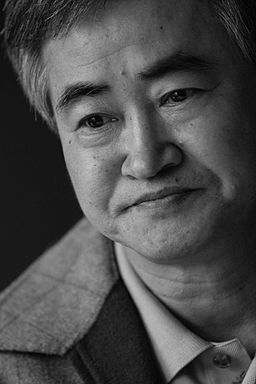
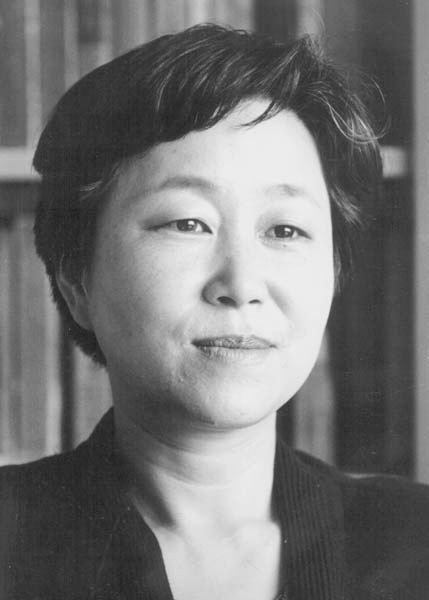
Oh Jung-Hee (born November 9, 1947) (Hangul: 오정희) is a South Korean writer. Oh has captured both the Yi Sang Literary Award and the Dongin Literary Award, Korea's most prestigious prizes for short fiction, and her works have been translated into multiple foreign languages in Southeast Asia, Latin America and Europe. (from Wikipedia)
소설가 김원일 In 1942 Kim Won-il was born in Chinyong, South Gyeongsang Province. He published his first collection of stories, Soul of Darkness, in 1973 and it won the Hyundai Munhak Literary Prize in 1974. His first full-length novel, Twilight, was published in 1978. A novelist with more than two dozen novels to his credit, Kim’s primary subject is the tragic circumstances surrounding the division of Korea.
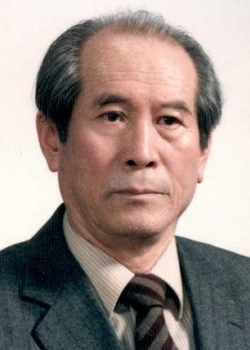
See: 황순원 Hwang Sun-wŏn was a Korean short story writer, novelist, and poet.
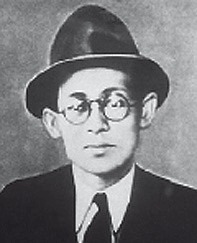

염상섭 Yeom Sang-seop was a South Korean writer. He was a Korean novelist and freedom fighter in the early part of the 20th century. Yom was an early pioneer of modern narrative in Korea and a “writer of the period of dissatisfaction.
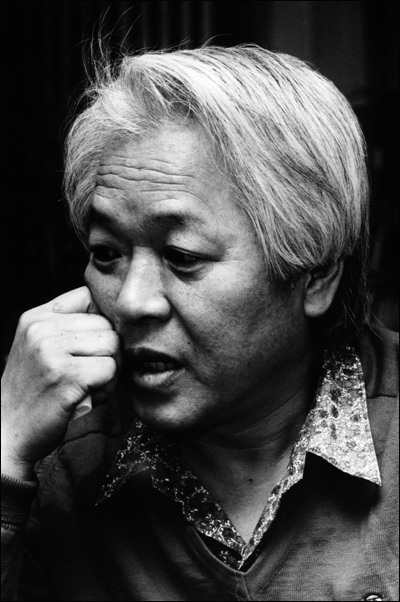
See: 이청준 Yi Chong-jun (This is the preferred Romanization per LTI Korea) was a prominent South Korean novelist. Throughout his four decade-long career, Lee wrote more than 100 short stories, 13 novels. He died from lung cancer at the age of 68 on July 31, 2008.

편혜영(片惠英,1972년~)은 대한민국의 소설가이다. 서울에서 태어났으며, 서울예대 문예창작과를 졸업하고 한양대학교 국어국문학과 대학원 석사과정을 졸업했다. 2000년 서울신문 신춘문예에 단편소설 〈이슬털기〉가 당선되면서 데뷔했다. 2007년 단편소설 〈사육장 쪽으로〉로 제40회 한국일보문학상을, 2009년 단편소설 〈토끼의 묘〉로 제10회 이효석문학상을, 2012년 소설집 〈저녁의 구애〉로 제42회 동인문학상을, 2014년 단편소설 〈몬순〉으로 제38회 이상문학상을 수상했다. 현재 명지대학교 문예창작학과 교수(2013~)로 재직 중이다. Pyun Hye-young was born in Seoul in 1972. She earned her undergraduate degree in creative writing and graduate degree in Korean literature from Hanyang University. After receiving these degrees, Pyun worked as an office worker, and many office workers appear in her stories. Pyun began publishing in 2000 and published three collections of stories, Aoi Garden, To The Kennels, and Evening Courtship as well as the novel Ashes and Red. In 2007, To the Kennels won the Hankook Ilbo Literary Award, in 2009 the short story O Cuniculi won the Yi Hyo-Seok Literature prize and then the Today’s Young Writer Award in 2010, while in 2011 Evening Courtship won the Dong-in Literary Award. Her works have several themes including alienation in modern life, an apocalyptic world, and they are often infused with grotesque images. The novel Ashes and Red explores irony and the dual nature of humanity.
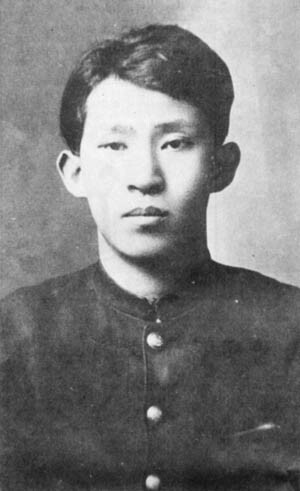
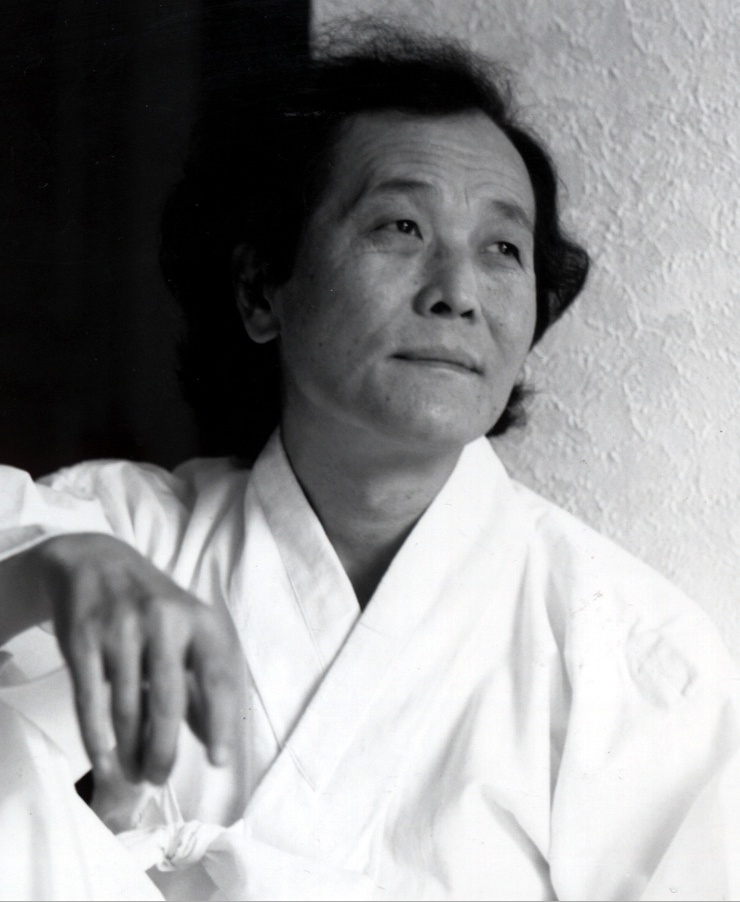
Jo Jung-Rae has devoted his entire life to literature. His writings attain an excellence that marks him as a world-class author. His popular multi-volume novels Taebaek Mountain Range and Arirang, which have become modern classics since their publication in the 1980s, are considered the epitome of his talent. With the publication of Han River in 2002, Jo completed his trilogy of works on Korean modern history. Sales reached a record-breaking number in Korea—over 10,000,000 copies. http://en.wikipedia.org/wiki/Jo\_Jung-rae
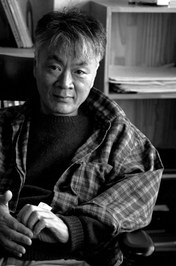
소설가 김훈 1948년 서울 출생. 오랫동안 신문기자 생활을 했으며, 소설가이자 자전거레이서다. 지은 책으로 에세이 '내가 읽은 책과 세상', '선택과 옹호', '문학기행1, 2'(공저)'풍경과 상처', '자전거 여행', 소설 '빗살무늬토기의 추억', '칼의 노래', '현의 노래', '강산무진' 등이 있다. 이상문학상, 동인문학상, 황순원문학상을 수상했다. 그는 삶의 양면적 진실에 대한 탐구, 삶의 긍정을 배면에 깐 탐미적 허무주의의 세계관, 남성성과 여성성이 혼재된 독특한 사유, 긴장과 열정 사이를 오가는 매혹적인 글쓰기로 모국어가 도달할 수 있는 산문 미학의 한 진경을 보여준다는 평을 받고 있다.
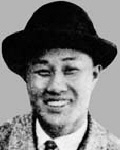
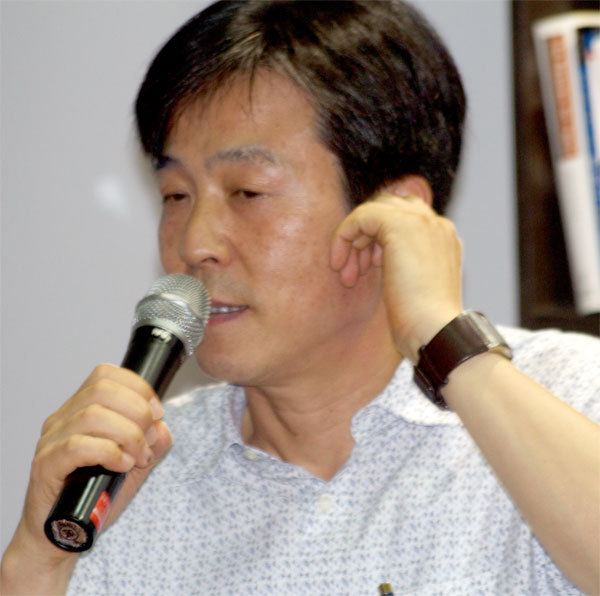
Lim Chul-Woo (Hangul: 임철우) is a South Korean writer born in 1954, known for his subversive works. Im Chul-woo was born October 15, 1954, on Wando Island in Jeollanam-do. He moved to Gwangju at age 10 and attended Sung-il High School there. He graduated from Jeonnam University with a degree in English Literature and completed graduate programs in English Literature at both Sogang University and Jeonnam University. Presently, he teaches Creative Writing at Hanshin University. Im was in Gwangju during the Gwangju Uprising and this critically influenced his outlook. His work has centered around dramatizations of that event and works which more generally focus on issues of Korean separation. His debut was The Dog Thief in 1981[.] In 1985 he was awarded the 17th Korean Creative Writing Prize for The Land of My Father (Abeoji ui ttang) and in 1988 was awarded the 12th Yi Sang Literature Prize for The Red Room (Bulgeun bang), which has since been published in an anthology of the same name. In 1994 Im’s novel, I Want to Go to the Island was made into a Korean movie, To the Starry Island. (from Wikipedia)